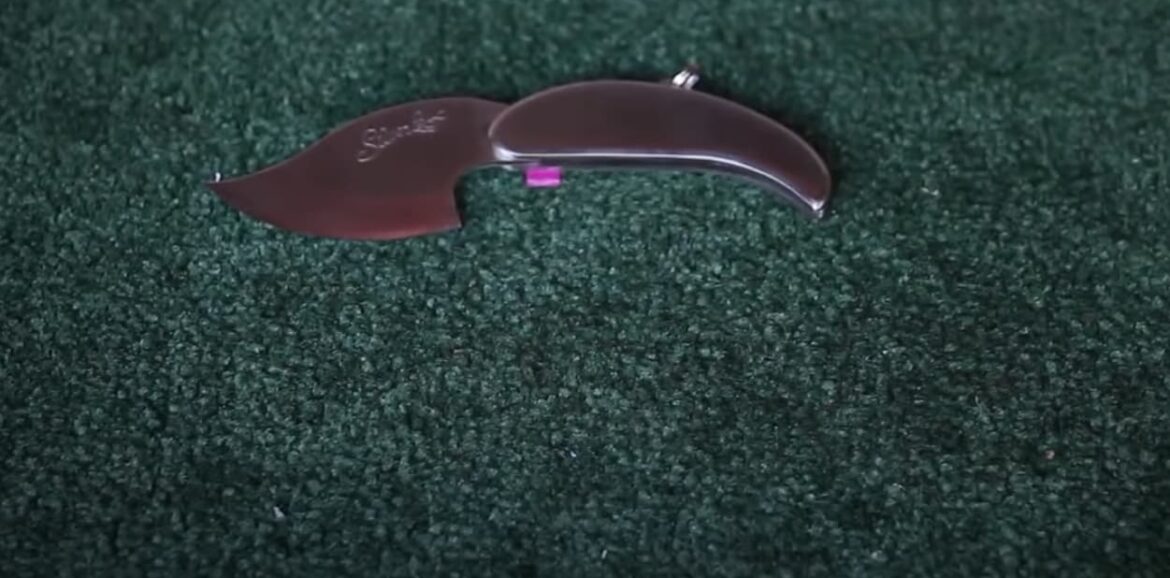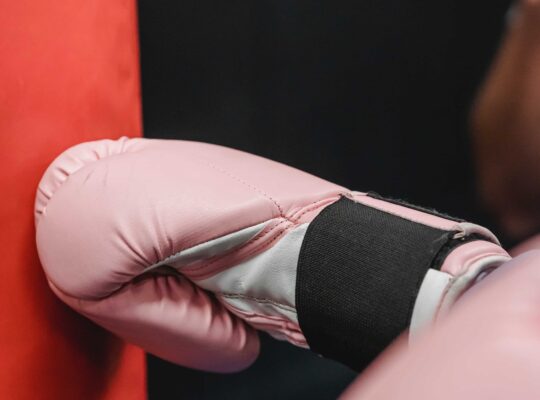Self-defense keychains are becoming increasingly popular as a way to protect yourself. However, are they really waterproof? The short answer is yes, self-defense keychains are waterproof. There are a few things to keep in mind when using them in wet conditions:
- First, it is important to make sure that the keychain itself is made of waterproof material. Many keychains are made of metal or plastic, which can both rust or break down when exposed to water;
- Second, you will want to make sure that the keys on the keychain are also waterproof. If not, they could slip out and get lost in the water;
- Finally, you should always test any self-defense keychain in wet conditions before using it in a real-life situation. This will help you make sure that it works as intended and that you’re comfortable using it;
Self-defense keychains are a great way to keep yourself safe when you’re out and about. But are they waterproof? In this blog post, we’ll take a look at some of the best self-defense keychains on the market and find out if they can hold up against the wet weather.
Reasons to Waterproof Your Keychains
If you are looking for a self-defense keychain that is waterproof, there are a few things to consider. Here are a few reasons why you may want to waterproof your keychain:
- To protect your keys from rusting: if you live in an area with high humidity or near the ocean, your keys can develop rust over time. Waterproofing your keychain will help to prevent this from happening;
- To keep your keychain looking new: no matter how well you take care of your keychain, it will eventually start to show signs of wear and tear. Waterproofing it will help it to stay looking new for longer;
- To prevent your keys from getting wet and damaged: if you are someone who is always on the go, your keys can easily become wet from sweat or rain. Waterproofing your keychain will help to keep your keys dry and prevent them from being damaged;
- To extend the life of your keychain: keychains are not cheap, so you want to make sure that yours lasts as long as possible. Waterproofing it will help to extend its life
How to Choose Waterproof Keychains
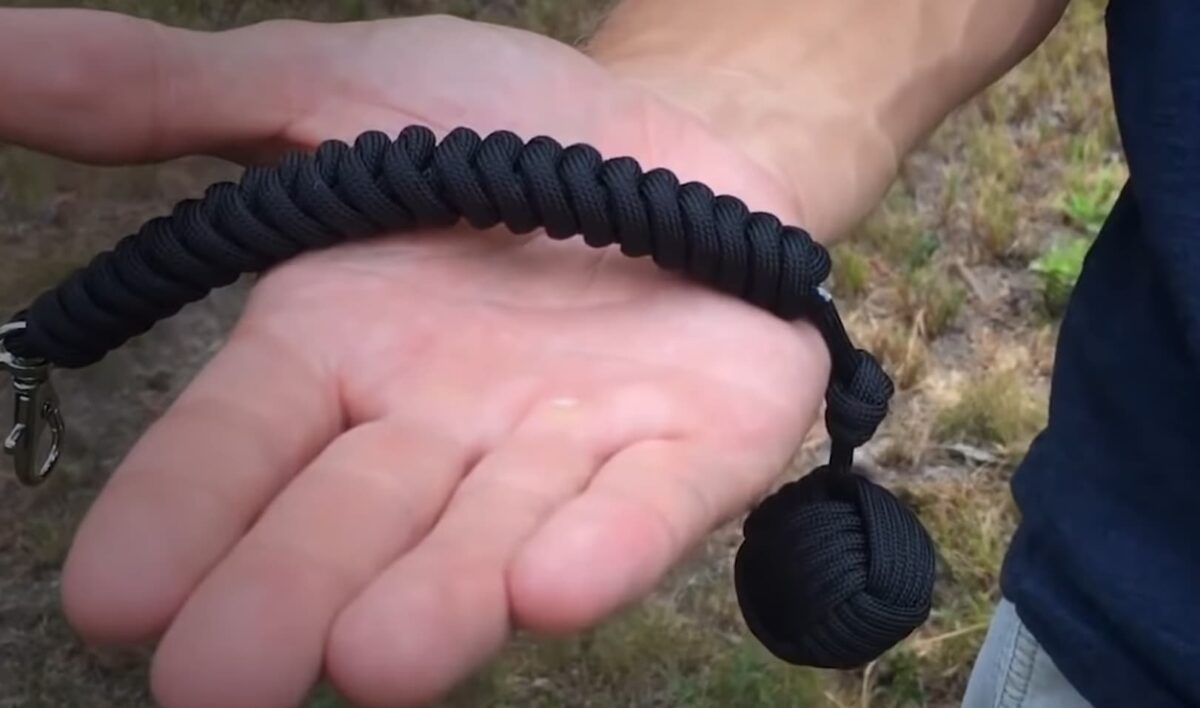
IP Rating
The IP rating, or Ingress Protection Rating, is a two-digit code that tells you how well a product is sealed against water and dust. The first digit corresponds to the level of protection against solids, and the second digit corresponds to the level of protection against liquids. For example, an IP65 rating means that the product is completely dust-tight and can withstand low-pressure jets of water from all directions. When it comes to self-defense keychains, you should look for products with an IP rating of at least 65. This will ensure that your keychain is well-protected against both water and dust. IP Ratings Explained:
- IP65 – Dust-tight & protected against low-pressure jets of water from all directions;
- IP66 – Dust-tight & protected against high-pressure jets of water from all directions;
- IP67 – Dust-tight & protected against immersion in water up to a depth of 150mm – 1000mm;
- IP68 – Dust-tight & protected against continuous submersion in water;
If you’re looking for a self-defense keychain that is waterproof, be sure to choose one with an IP rating of 65 or higher. This will ensure that your keychain is well-protected against both water and dust.
The Material
The material of the keychain can also affect its waterproofing. Some materials like leather and cloth can absorb water, which will make them less effective in self-defense situations. Metals like stainless steel or aluminum will not rust, but they can still be damaged by water.Plastics like ABS are generally waterproof, but they can be damaged by chemicals or heat. So, if you’re looking for a self-defense keychain that is waterproof, you should look for one made from plastic like ABS. However, it’s important to remember that no matter what material your keychain is made from, it won’t do you any good if it’s not with you when you need it. So make sure to keep it close by, and never leave home without it!
Weather-Resistant Properties
Most self-defense keychains are made of weather-resistant materials. This means that they can withstand different weather conditions, such as rain, snow, and heat. However, there are some keychains that are not weather-resistant. These keychains can corrode or break when exposed to extreme weather conditions. If you live in an area with extreme weather conditions, it is best to choose a keychain that is made of weather-resistant materials. Some self-defense keychains come with special features that make them more resistant to the elements. For example, some keychains have a special coating that makes them water-resistant. Others have a special finish that protects them from corrosion.
Saltwater-Proof Or Not?
You’re probably wondering if self-defense keychains are waterproof. The answer is yes and no. Some are made to be saltwater-proof, while others are not. It really depends on the materials used and how the keychain is constructed. So, if you’re looking for a waterproof self-defense keychain, make sure to check the product description before purchasing. Otherwise, you may end up with a keychain that doesn’t work as well as you’d hoped in wet conditions. It’s possible that if you have recently cleaned it, stainless steel will not rust. It is still likely to corrode when exposed to a variety of situations, however. The deterioration process will be distinct from carbon steel rusting. The most prevalent type of corrosion exhibited by stainless steel is pit formation, which takes place when the passive film is overwhelmed by the surrounding conditions. The consequence is seen in small, dark-brown pits distributed across the metal surface. It does not, however, affect the steel’s mechanical properties. Crevice corrosion of stainless steel occurs as a result of deposits building crevices on metal surfaces. It’s slightly like pitting, but it affects a larger surface area. Crevices are not appealing, even though this form of seawater corrosion might not have an impact on the steel’s mechanical activities. Sharp corners and covering sectors prone to cracking or pitting can help prevent this type of seawater corrosion.
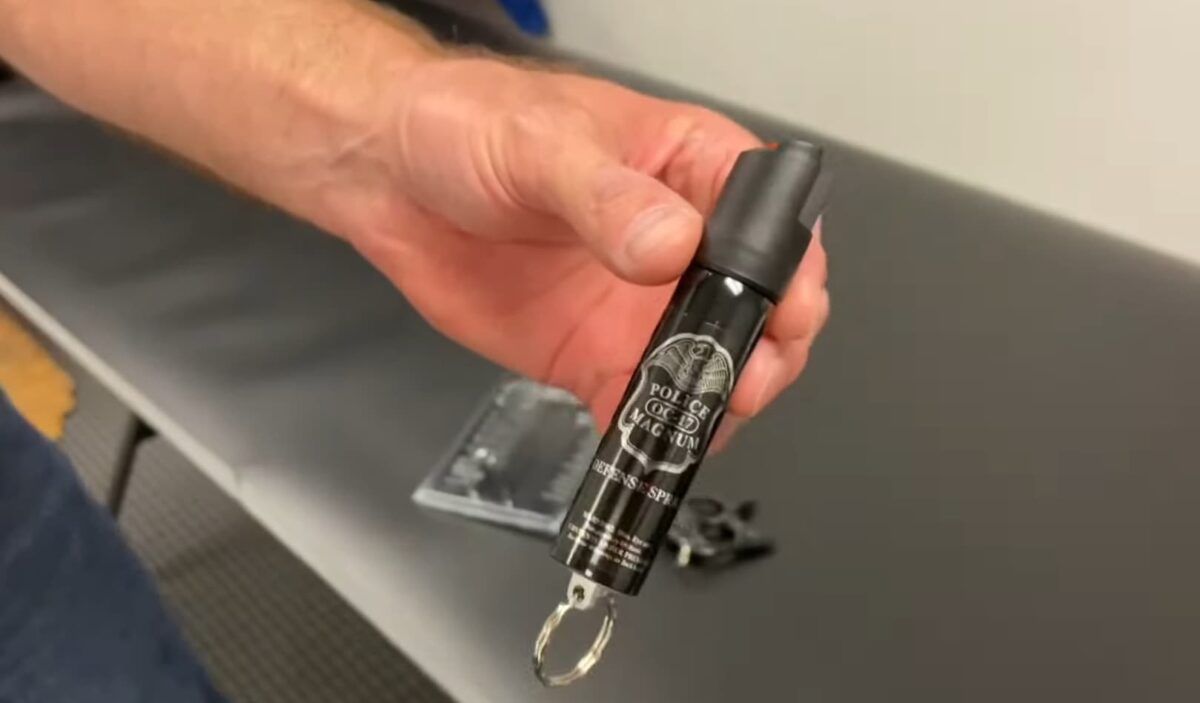
FAQ
What is on a self-defense keychain?
Most self-defense keychains contain a small canister of pepper spray. Some also come with a loud alarm or a whistle. Pepper spray is an inflammatory agent. It causes the eyes to swell and close, making it difficult to see. The nose and throat constrict, making it difficult to breathe. In some cases, it can also cause vomiting and temporary blindness. The effects of pepper spray typically last between 15 and 30 minutes. However, they can last up to two hours in some cases. It is important to note that pepper spray is only effective against people who are conscious and able to feel pain. It will not work on animals or people who are under the influence of drugs or alcohol.
What is a Kubotan keychain?
A self-defense keychain weapon called a Kubotan is produced by Soke Takayuki Kubota in the late 1960s and is trademarked as such. It’s usually 5.5 inches long and about half an inch in diameter, somewhat thicker or the same size as a marker pen. It’s also called a “yawara stick”, “kubotan keychain”, or “self-defense keychain”. It is made of metal or hard plastic and has ridges or knobs sticking out from it to help grip it and cause more pain when used as a weapon. There are also variations that come with a pointed end for use as an ice pick. So, are self-defense keychains waterproof? The answer is no. While the material they’re made of (usually aluminum) is resistant to water, the design of the keychain itself is not meant to be submerged in water. The holes where the keys attach are potential weak points that can let water in, and once water gets inside, it can rust the metal or damage the plastic. In short, self-defense keychains are not meant to be used as weapons in the water.
Are self-defense keychains legal?
The legislation also permits brass knuckles, clubs, and self-defense keychains. These tiny plastic keychains are, as you can see, quite frightening. The following is a complete list of American states that have outright bans: California, Illinois, Michigan, Texas, and Vermont. So, in short, check your state’s regulations before carrying a self-defense keychain. You don’t want to get on the wrong side of the law.
How do you protect acrylic keychains?
Most self-defense keychains are made from PVC or polycarbonate, which are both waterproof materials. However, some brands use acrylic or other plastics that may not be as durable in wet conditions. If you’re concerned about your keychain’s ability to withstand water damage, check the manufacturer’s instructions before using it in wet weather. Cleaners designed particularly for plastics, such as Brillianize cleaner, are the finest option for cleaning your acrylic goods. It prevents scratches and does not harm acrylic, giving it a hazy appearance. Clean little regions one at a time.
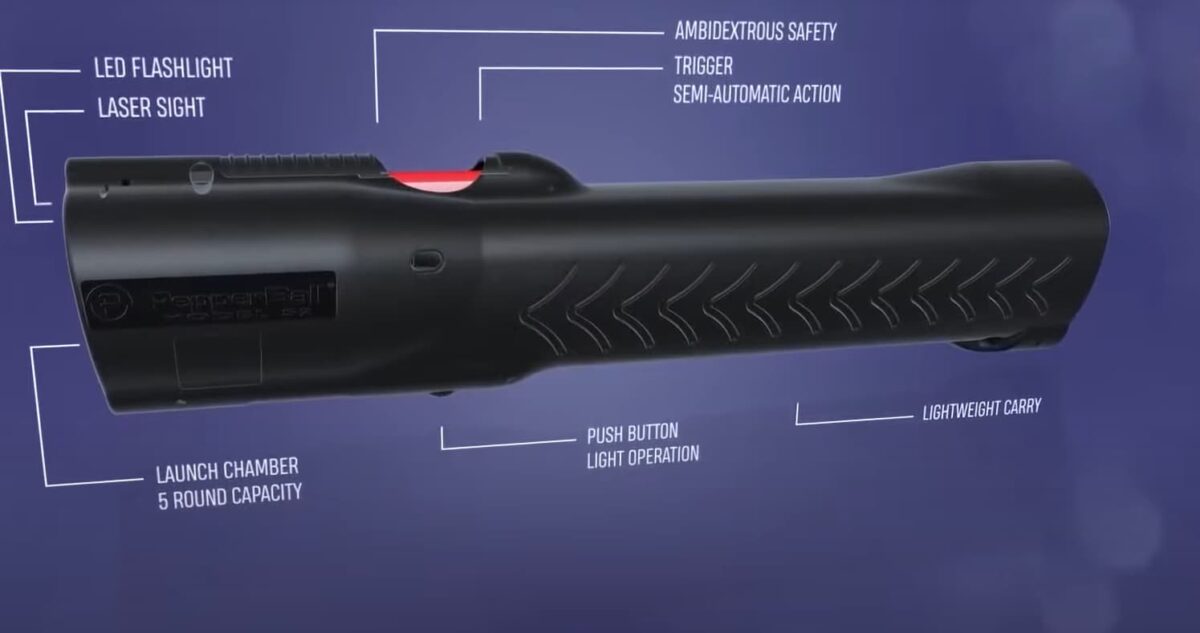
What should you keep on your keychain?
There are many different types of self-defense keychains available on the market, from pepper spray to stun guns. However, not all of them are created equal. Some may be more effective than others, depending on the situation. One important factor to consider when choosing a self-defense keychain is whether or not it is waterproof. This can be a critical feature, especially if you live in an area with high humidity or frequently travel to places with rainy weather.
How do you seal a keychain?
You may use UV resin. UV resin is a type of hard, transparent plastic that is cured with ultraviolet light. It is used for coating jewelry and other objects to make them waterproof. You can also use clear nail polish. Clear nail polish will not yellow over time and can be applied to most surfaces. However, it may take longer to dry than UV resin. Both UV resin and clear nail polish can be purchased at your local craft store or online.
Can I use Mod Podge for keychains?
You may also seal your completed keychain with an acrylic spray sealer or a layer of Mod Podge to give it additional protection. Mod Podge is a type of decoupage glue that can be used on wood, glass, fabric, and paper. It dries clear and can be sanded to create a smooth finish. To use Mod Podge, simply brush a layer over the front and back of your keychain. Allow it to dry for 24 hours before using. You may need to apply multiple coats for a completely waterproof seal.
How do you make waterproof keychains?
There are a few different ways that you can waterproof your keychain:
- One way is to purchase a waterproof case for it;
- Another way is to apply a clear coat of nail polish or another sealant to it;
Whichever method you choose, be sure to follow the instructions carefully so that you do not damage your keychain. You can use a clear sealant, like Mod Podge or clear nail polish. Or you can dip them in wax or paraffin. Most experts prefer the latter two methods because they create a thicker barrier against water and moisture. Whichever method you choose, make sure to apply it generously and evenly to all sides of the keychain. Let it dry completely before using it again.
Can you make keychains with epoxy?
Yes, you can make keychains with epoxy. Epoxy is a type of glue that is often used for crafting projects. It is available in both clear and colored varieties. You will need to mix the two parts of the epoxy together before using it. Once it is mixed, you can apply it to your keychain just like any other glue. Let it dry completely before using it again.
